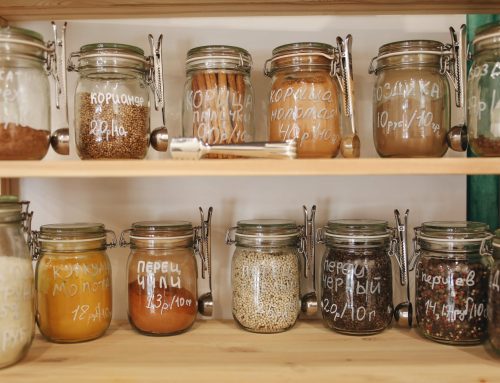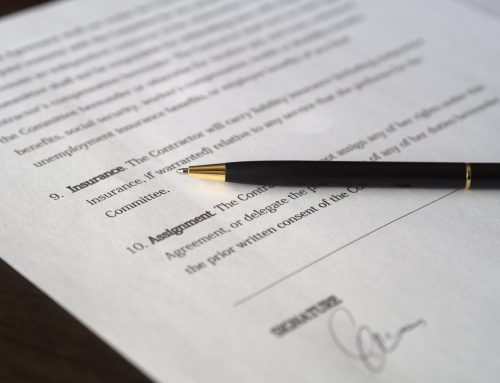
Image by Elina Fairytale
Trauma is an emotional and psychological response to a distressing event, such as abuse, accidents, natural disasters, or other traumatic experiences. When a person experiences trauma, the body and mind may respond in various ways, including physical and emotional symptoms. Stored trauma can manifest as anxiety, depression, chronic pain, and other mental and physical health issues. However, there are several ways to remove stored trauma from your body.
- Therapy: Trauma therapy is a process of working with a trained therapist to process and heal from traumatic experiences. There are different types of therapy that can be effective, such as cognitive-behavioral therapy, EMDR (Eye Movement Desensitization and Reprocessing), and somatic experiencing. Therapy can help you identify and change negative thought patterns, learn coping skills, and process emotions related to the traumatic event.
- Mindfulness: Mindfulness practices such as meditation, yoga, and deep breathing can help calm the mind and reduce symptoms of anxiety and stress. Mindfulness can also help you become more aware of your body and your emotions, which can help you process stored trauma. You can start by setting aside a few minutes each day to practice mindfulness and gradually increase the time as you become more comfortable.
- Exercise: Exercise is a natural way to release tension and reduce stress. Physical activity can also promote the release of endorphins, which can help improve mood and reduce pain. Regular exercise can also improve sleep and promote overall health and well-being. It is essential to find an activity that you enjoy and make it a regular part of your routine.
- Nutrition: A healthy diet can help support physical and mental health. Eating a diet rich in fruits, vegetables, whole grains, lean proteins, and healthy fats can help reduce inflammation, boost immunity, and improve mood. Avoiding processed foods, sugar, and alcohol can also help reduce inflammation and promote healing.
- Bodywork: Bodywork is a broad term that encompasses various practices such as massage, acupuncture, and chiropractic care. Bodywork can help release tension in the body and promote relaxation and healing. Different modalities may be more or less effective depending on your individual needs and preferences.
- Creativity: Engaging in creative activities such as art, music, or writing can help you process emotions related to stored trauma. Creativity can also promote relaxation and provide an outlet for self-expression. You do not need to be an artist to benefit from creative activities; simply engaging in a creative activity can be healing.
- Supportive relationships: Having supportive relationships with family, friends, or a therapist can help you process emotions related to stored trauma. Talking about your experiences with someone you trust can help you feel heard and validated. It is essential to find people who are supportive and understanding of your experiences.
- Nature: Spending time in nature can be healing and promote a sense of calm and well-being. Even a short walk in nature can help reduce symptoms of anxiety and depression. Connecting with the natural world can also help put things into perspective and promote a sense of connectedness.
- Self-care: Self-care is an essential component of healing from trauma. Taking care of yourself physically and emotionally can help reduce stress and promote healing. Self-care activities can be as simple as taking a bath, reading a book, or taking a nap. It is essential to find activities that you enjoy and make them a regular part of your routine.
- Medication: In some cases, medication may be necessary to manage symptoms related to stored trauma. Antidepressants and anti-anxiety medications can help reduce symptoms of depression, anxiety, and PTSD. It is essential to work with a healthcare provider to find the medication that is right for you.







Leave A Comment